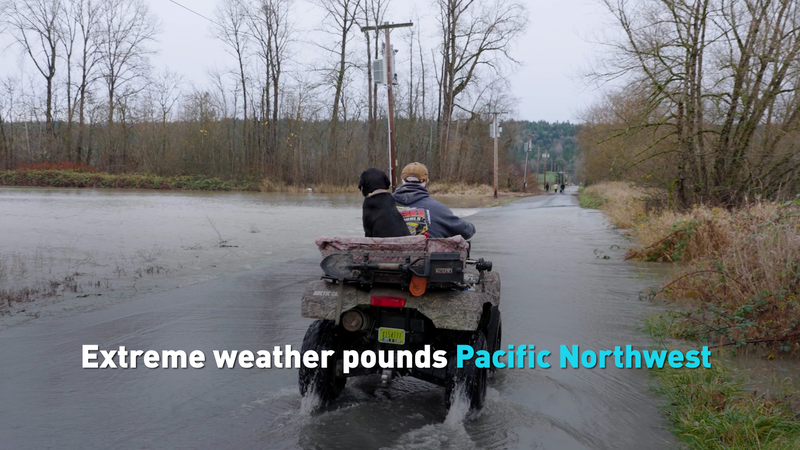A recent study from New Zealand highlights significant gaps in the protection provided by marine protected areas (MPAs) for southern right whales. Published on Friday, the research indicates that MPAs are offering insufficient or only partial protection from threats such as commercial fishing.
The three-year study tracked 29 southern right whales and monitored vessel movements in southern New Zealand, including the subantarctic islands. During peak breeding periods, the data revealed a high overlap between whale locations and ship activities within MPAs, suggesting that current protective measures may not be adequately mitigating human-induced threats.
Experts emphasize the need for enhanced conservation strategies to ensure the safety of these majestic creatures. The findings call for a reassessment of existing MPAs and the implementation of more robust measures to reduce ship-whale interactions, thereby providing more effective protection during critical breeding times.
As the global community continues to prioritize wildlife conservation, this study serves as a crucial reminder of the challenges faced in safeguarding marine life and the importance of adaptive management in environmental protection efforts.
Reference(s):
Study shows marine protected areas' role in safeguarding whales
cgtn.com




